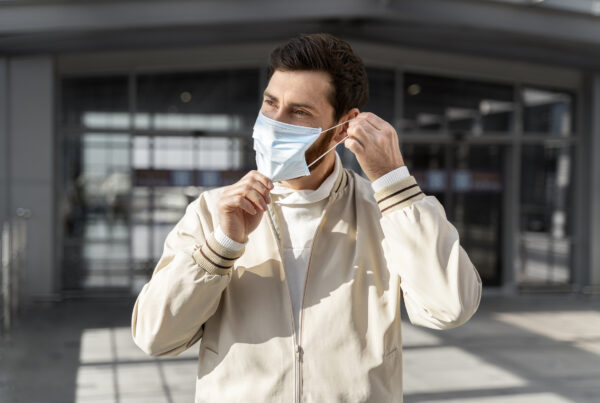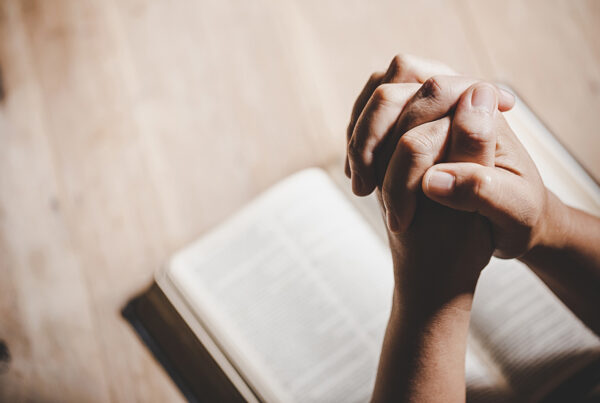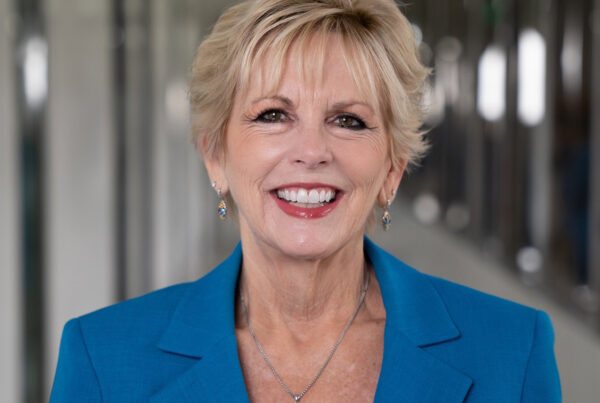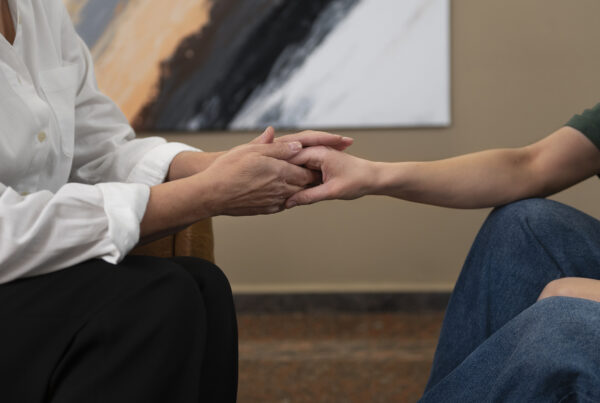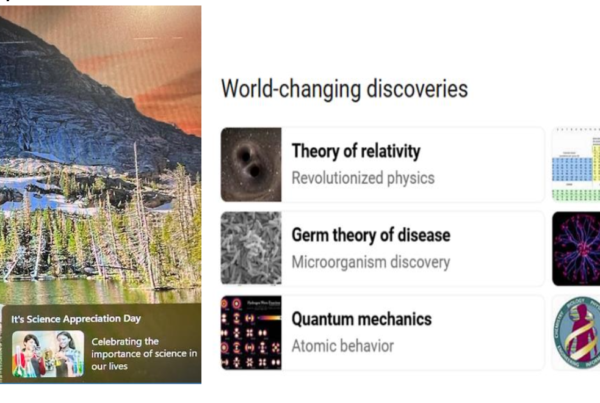Mental Health Effects from COVID-19
By Jasen Chau, PharmD, APh
In addition to the health effects, many people are grappling with the huge emotional and sociological disruptions that the COVID-19 pandemic has created. According to healthcare professionals, many people are finding it difficult to adjust to a “new normal” now that lockdowns are beginning to ease. Many psychologists and psychiatrists have said that the unprecedented global health crisis has caused a rise in anxiety and depression, as well as exacerbating existing mental health disorders.
The Lancet medical magazine published an article in October 2021 looking at the global prevalence of depression and anxiety disorders in 204 countries and territories in 2020 due to the COVID-19 pandemic. It discovered that mental health has worsened substantially, with an estimated 53 million new instances of major depressive disorder and 76 million new cases of anxiety disorders reported worldwide. Men and elderly adults were shown to be less affected than women and younger persons. Nevertheless, psychologists claim that during the initial six months of the virus’s emergence, there was a remarkable level of resilience, particularly when many countries went into unprecedented lockdowns.
Mask mandates, lockdowns, and a lack of social activities create a huge pressure cooker, especially for those who are already vulnerable. Many people were forced to face issues in their lives that they had previously been able to avoid, such as drinking, relationship problems, isolation, and loneliness. People who have been in stable relationships with their spouse appear to operate well. When people are stranded at home, though, they discover that there are a lot of things that they haven’t dealt with or noticed previously.
According to data provided by Johns Hopkins University, there have been approximately 400 million COVID-19 cases worldwide, with over 5.7 million deaths. Millions of individuals have been unable to share not only life’s milestones, such as births and weddings, but also their final moments with loved ones, with many unable to hold or attend funerals during the most intense periods of lockdown. These painful events, such as being unable to visit sick or dying family due to constraints, have a profound impact. Bereavement, isolation, uncertainty, and loss – a loss of freedoms, relationships, and moments that cannot be relived and retrieved — are just a few of the concerns that have afflicted many people as the pandemic has increased anxiety and depression.
As society adapts and learns to live with COVID-19 as an endemic disease, new habits and acceptance will undoubtedly emerge. Most affluent countries with widespread vaccine coverage and booster programs are reopening and returning to normal, maybe including routine mask-wearing in high-risk areas and random COVID-19 testing for the foreseeable future. For a better, happier society, mental health should be at the forefront of healthcare services.




